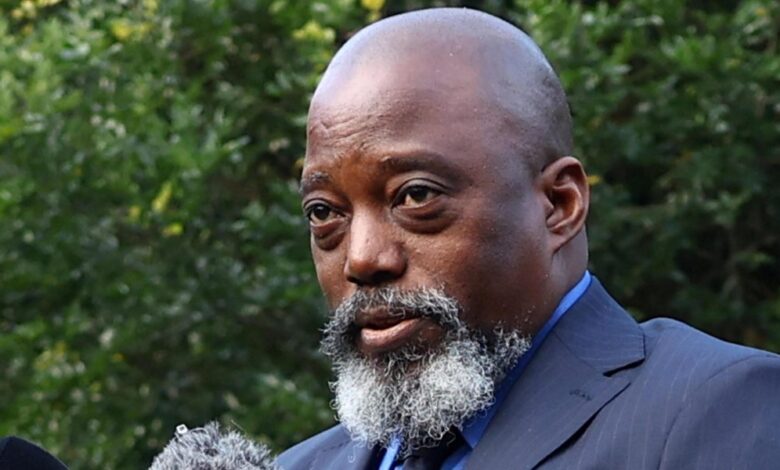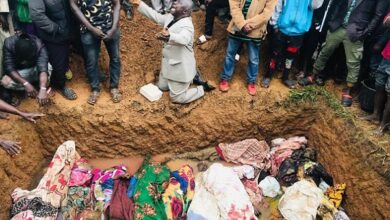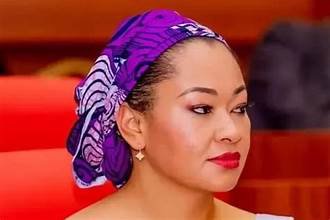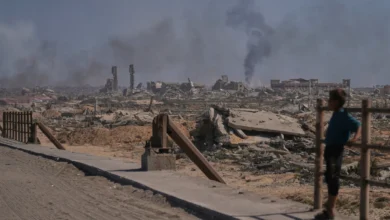BREAKING: DR Congo Court Sentences Former President Joseph Kabila to Death in Absentia

A military tribunal in the Democratic Republic of the Congo (DRC) has sentenced former President Joseph Kabila to death in absentia, marking one of the most dramatic rulings against a former African leader in recent history.
The court, presided over by Lieutenant General Joseph Mutombo Katalayi, delivered the judgment on Tuesday, declaring Kabila guilty of multiple serious crimes.
These include treason, crimes against humanity, murder, sexual assault, torture, and insurrection.
Kabila charged after leaving DRC
Kabila, who ruled the DRC from 2001 to 2019, was formally charged in 2024 but had already left the country the year before.
Despite his exile, he has continued to make sporadic appearances, including a controversial recent visit to eastern Congo, where the rebel group M23 maintains control.
His movements have fueled speculation about his political ambitions and security alliances.
Years of scrutiny over his rule
Kabila came to power after the assassination of his father, Laurent-Désiré Kabila, in 2001, leading a fragile country just emerging from the brutal Second Congo War.
His nearly two-decade rule was marked by persistent accusations of authoritarianism, corruption, and human rights abuses, particularly in the eastern provinces plagued by conflict.
Opposition groups often accused him of clinging to power, suppressing dissent, and failing to address systemic corruption.
Although he stepped down in 2019, critics argue that many of the institutions he built remain compromised by his influence.
International attention on trial
The military court’s decision to impose a death sentence in absentia underscores the DRC’s determination to hold former leaders accountable for alleged atrocities, even without their physical presence at trial.
Legal experts say the move reflects a broader effort to signal a break from impunity at the highest levels of power.
International observers, including the United Nations and African Union, have closely followed the proceedings.
Kabila’s recent visit to Goma, an M23-controlled city, intensified global scrutiny, raising concerns that he might be building new alliances despite facing a military tribunal.
Historic case for Congo
This ruling represents one of the most high-profile judgments in the country’s recent history.
While the practical enforcement of the death penalty remains uncertain given Kabila’s absence, the symbolism of the ruling has already sent shockwaves through Congolese politics.
Analysts argue that the sentence could deepen divisions between Kabila’s loyalists and the current government, potentially destabilizing an already fragile political landscape.
Supporters of the decision insist it is a necessary step toward justice and accountability after decades of impunity.
With Kabila outside the DRC, the likelihood of enforcing the sentence depends heavily on international cooperation and political will.
Some observers believe the ruling may be more of a political message than an actionable verdict, while others argue it sets a precedent for prosecuting African leaders accused of serious crimes.
For many Congolese citizens, however, the case highlights the broader struggle to balance justice, political stability, and reconciliation in a nation still grappling with decades of conflict.
Post Views: 24





